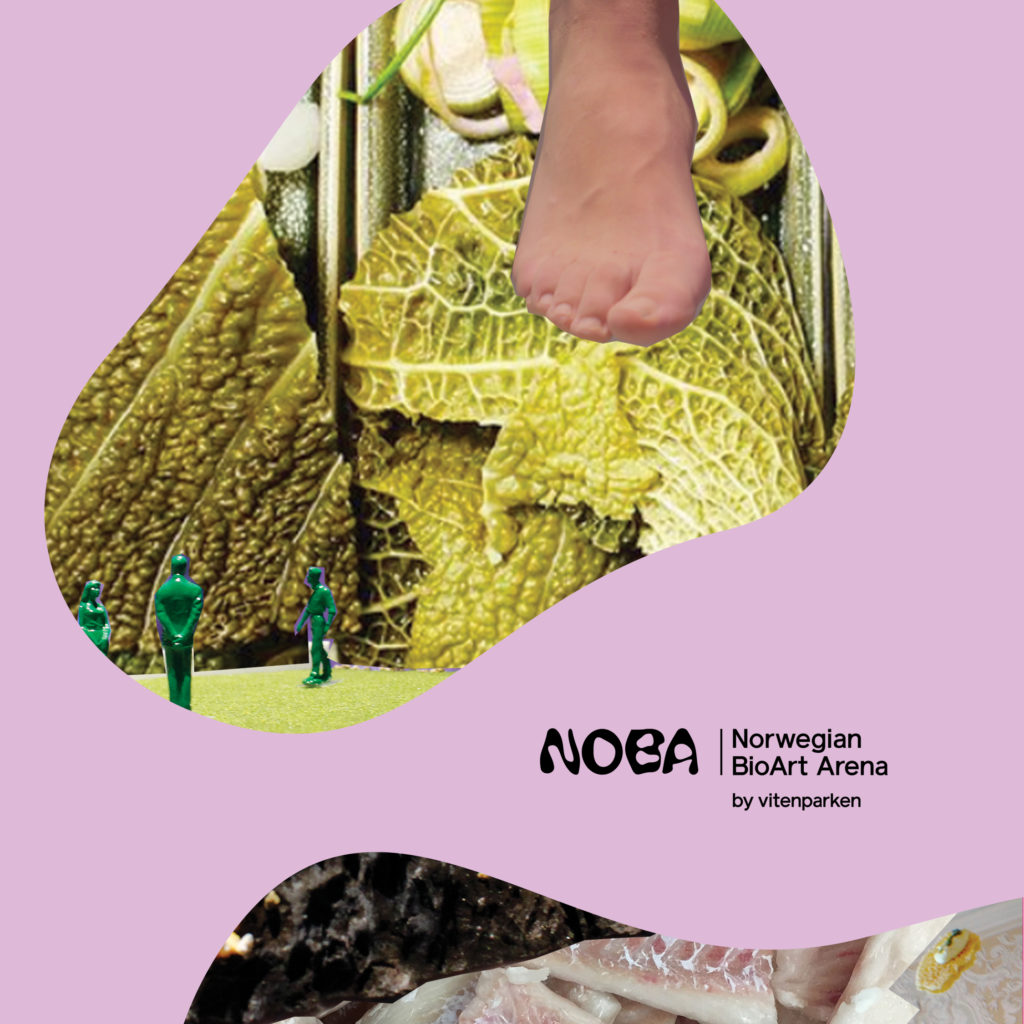By Hege Tapio
Since 2010 the artist duo Cathrine Kramer (NO) and Zack Denfeld (US) have established an international collaborative team of designers, makers, chemists,researchers and microbiologists co-developing projects.
Together they have been activating and growing projects unpacking how our relation to food, food systems and food culture is in constant flux with the development of technologies and environmental issues.
By initiating local collaborations with scientists, chefs, hackers and farmers, they have been cultivating a rich practice of artistic research creating social and flavourable thinktanks, publications, exhibitions and by activating artistic and edible events worldwide.
Centre for Genomic Gastronomy provides nourishing food for thoughts about how we might address and speculate about issues like just food systems. Through their tastefully designed provocations and deliberations we are invited to broaden our concepts on the future of food.
Get ready to be served with the concept of sweet tasting pollution with the project “Guided Smog Smelling”, or to explore “ArtMeatFlesh” contesting if labgrown meat really is victimless meat. Or maybe join their thinking about including humans into the foodchain with the project “To Flavour Our Tears” No – its not about cannibalism, we promise!
This exhibition hosted by NOBA is presenting a selection from a rich archive showcasing their many projects over two decades. During the food festival Smak Ås they will also be present with the re-enactment of “The New National Dish of Norway” once initiated by the Minister of food and agriculture Sylvi Listhaug in 2014.
This time, with a plot-twist; Centre for Genomic Gastronomy is reviving the previous attempt of identifying the New Norwegian Dish with “The New Norvegan Dish” – testing how our meat inclined palates might embrace the vegan future.
Can they make Norwegians go Vegan ?We hope this exhibition may find you inspired to how artists can engage enriching collaborations and topics with a transdisciplinary approach, and invite you to reflect on how the food on our plates and in our guts is tightly connected with bigger issues like climate change, technology, innovations, migratory patterns and cultural references.
Bon Apetit!
From the curator of NOBA
Hege Tapio
